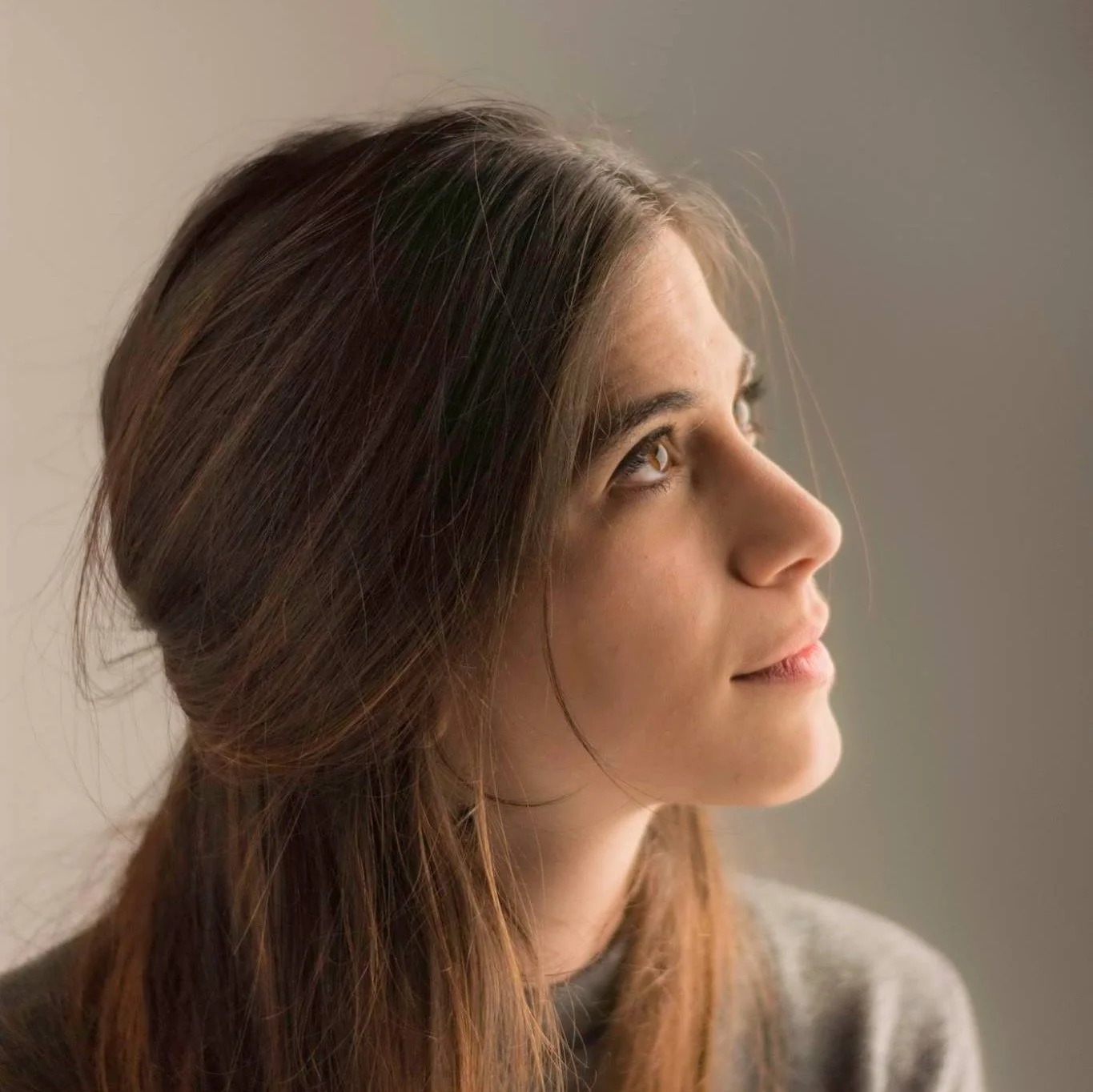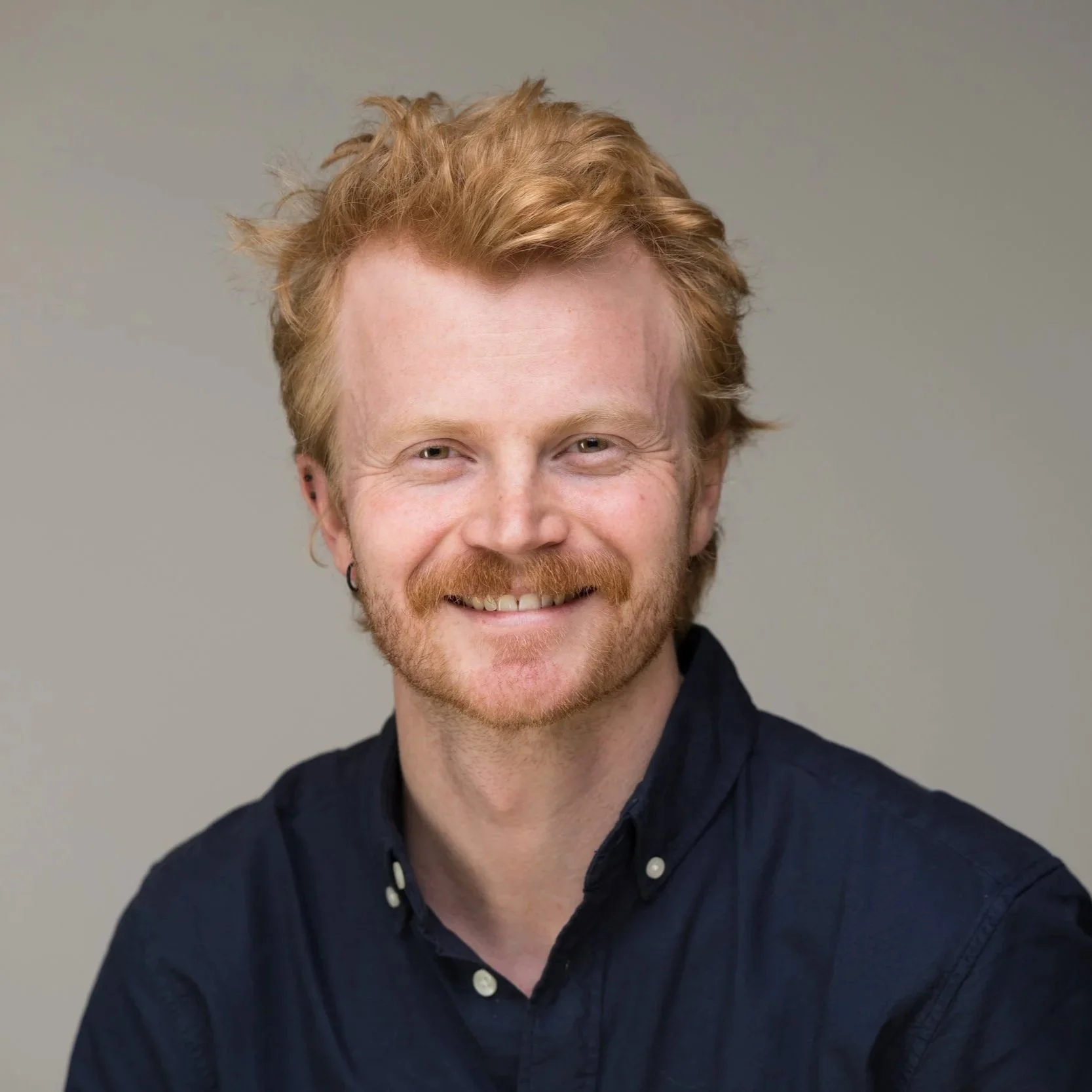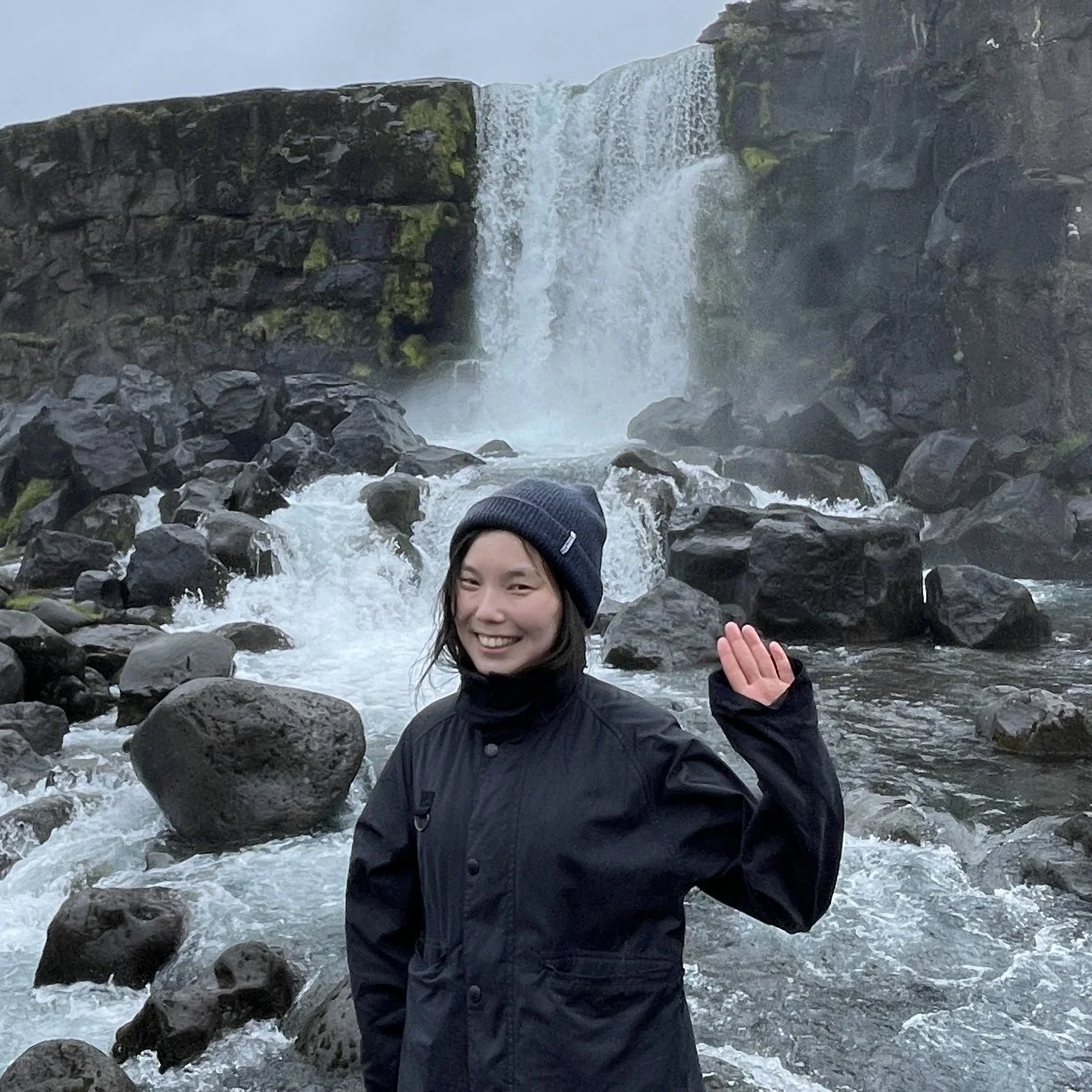
Our People
Our People
Ismini Nikoleta Mathioudaki is a postdoctoral researcher on the Infralegalities project at the University of Edinburgh.
Dr Tobias Thejll-Madsen is a Teaching Fellow on the Interdisciplinary Futures (MA) programme at the Edinburgh Futures Institute. His teaching focuses on methods training, quantitative analysis, AI, and reflective practice.
In her PhD, Bríd-Áine is investigating digital identity and examining the social impacts of name misrepresentation on culture and identity within a context of data colonialism, linguistic imperialism and techno-solutionism.
Constantine is a Research Fellow and dual PhD candidate whose work integrates moral psychology with computational social science to advance Responsible AI.
Vasilisa’s research interests lie in low-resource languages and the ethical issues they face in generative NLP. Before starting her PhD, she worked as an ML engineer in game development, building recommendation systems, predictive models, and NLP tools for chat moderation and support automation.
Cyril is a Doctoral Researcher in AI at the DR-NLP CDT. supervised by Neil Bramley. He researches how people and AI imagine what the world could look like and aim at the best outcome when they can’t be certain.
Nadia Jude is a postdoctoral researcher within the UKRI Future Leaders Fellowship project, Infra-Legalities: Global Security Infrastructures, AI and International Law.
Calliope investigates the ethical implications of using generative AI chatbots in mental health contexts, focusing on how such technologies challenge traditional notions of care, autonomy, and emotional integrity in therapeutic relationships.
Alex’s PhD is exploring the impacts of Digital Immortality Technologies and the possible regulatory or ethical frameworks that could mitigate harm, pulling on considerations in HCI, Digital Ethics, and AI Regulation.
Jyotirupa’s PhD research explores welfare beneficiaries’ attitudes towards sharing data with the State in India, particularly in the context of reproductive and maternal healthcare . She is interested in situated conceptualisations of privacy and the ethics of information sharing.
An EFI Visiting Fellow from September - December 2025, Dr Ramsha Naeem is an Assistant Professor and Head of the MBA Program at the University of Central Punjab (UCP), Lahore, Pakistan.
Claudia González-Márquez is a Teaching and Research Fellow in Artificial Intelligence, Data, and the Rule of Law. Claudia is Programme Staff on the interdisciplinary MSc in Data and Artificial Intelligence Ethics, and serves as course organiser for ‘Data and Artificial Intelligence Ethics, Law and Governance’.
Dr Emily Sullivan serves as a Co-Director of the Centre for Technomoral Futures. She is a senior lecturer at the University of Edinburgh’s Department of Philosophy. Emily joined the Futures Institute in 2025 following academic appointments in the Netherlands at Utrecht University and Eindhoven University of Technology.
Ben Schwartz is a Teaching Fellow in the Department of Philosophy. His research focuses upon the impact of recent and emerging technologies on human flourishing.
Aulia is researching how generative AI is reshaping creative processes, values, and virtues, while examining the social and cultural dimensions of co-creating with machines to inform policies on ethical AI in the creative industries of the Global South.
Alexander’s PhD research project is the Role of Measurement in Machine Learning and Ethical Implications of the Philosophy of Measurement, co-supervised in the School of Informatics and the School of Philosophy, Psychology, and Language Sciences.
Rayo's PhD research explores participatory constructionist methods for the inclusion of children and young people in the design and development of real-world AI-based tools for schools.
An EFI Visiting Fellow from April - June 2025, Dr Audrey Borowski is a Research Fellow on the “Desirable Digitalization” project between the Universities of Bonn and Cambridge.
An EFI Visiting Fellow from September 2024 - February 2025, Dr Anissa Tanweer conducts research on the practice and culture of computationally-mediated science.
Ambrose is an MLOps specialist studying a PhD at the University’s Artificial Intelligence and its Applications Institute. Their work focuses on AI Ethics and they are currently doing research on explainability and reasoning.
Dr Enrico Galvagni is a Leverhulme Early Career Fellow in the Department of Philosophy. His research focuses on ethics and its development, with a particular interest in moral concepts and how they enable us to deal with new and disruptive problems.
Eilidh’s research explores the ethical dimensions relating to the adoption of companion robots to support ageing-in-place for older adults experiencing feelings of loneliness and social isolation.
Dr Adam Lopez is a Reader in the School of Informatics. His research for the past two decades has focused on language technology, spanning a wide range of related scientific, mathematical, and engineering problems. He is now most interested in problems related to fairness, accountability, and transparency of language technology.
Aditya’s PhD research project is A Data Ethics Framework for Agriculture, co-supervised in the Roslin Institute’s Global Academies by experts in international law and mathematical modelling as related to food security and the global food system.
Alice’s research focuses on speech in human-computer interaction, using mixed methods to explore how speaking style is influenced by talkers’ identity, audience, stance, and communicative goals.
Amanda Horzyk is a PhD candidate in Responsible NLP. Her research bridges legal and technical perspectives in developing leading solutions to complex issues presented by Artificial Intelligence, the Internet and Virtual Reality.
Andrew is a third year PhD student with the Usher Institute, researching the implementation and evaluation practices of robotic surgery systems. Andrew’s research draws on his roots in moral theory, and its application to contemporary medical high technology, as well as practice theory empowered by an ethnographic methodology.
Andrew’s academic interests focus on the intersection between ethics, psychology, and technology and how these fields come together to influence technological innovation and the development of moral character.
January 2022 - June 2024
Prior to her appointment as Assistant Lecturer at Carnegie Mellon University, Dr Atoosa Kasirzadeh was Chancellors Fellow and Research Lead at the CTMF. She had previously held research posts with Australian National University’s Humanising Machine Intelligence project and with DeepMind.
Ayça is a PhD candidate at the University of Edinburgh. She conducts interdisciplinary research at the intersection of law and human-computer interaction and focuses on fairness and child-centred AI in education.






























